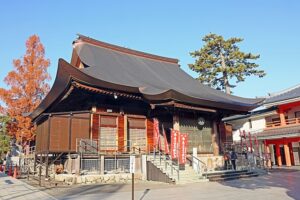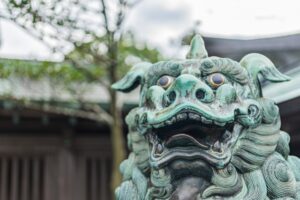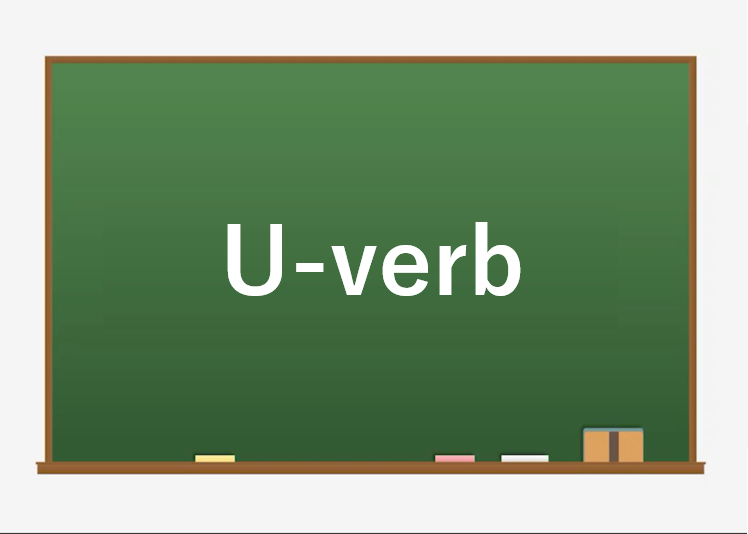U-verb conjugation are summarized in the table.
Example:
yomu(read)
よむ
nomu(drink)
のむ
kiku(listen)
きく
kiru(cut)
きる
-u verbs are formed by adding – u to the end.
The u verb works in the same way as the ru verb. u verbs do not necessarily end with the hiragana “u”. Since the last vowel must be “u,” the last hiragana must be either “ku,” “su,” “tsu,” “nu,” or “ru. The distinction between u and ru verbs is simple.
All verbs ending in u are u verbs except those ending in ru.
However, some u verbs also end in ru. the way to distinguish between verbs ending in ru and u verbs is to look at the vowel before the ending ru. if there is an i or e before ru, it is a ru verb. if there is another vowel before ru, the verb is an uverb. if there is an i or e before ru, it is an uverb. if there is an e before ru, it is an uverb.
If you have any questions, ask them for free! ➡ Japanese Question Form
KEY:
We have 3 kinds of verbs in Japanese. Dictionary form changes to different forms depending on which verbs.
日本語には3種類の動詞があります。どの動詞を使うかによって、辞書の形が変わります。

Frequently Asked Questions

How do you say what time is it in japanese?
In English-speaking countries, we count time in the form of “one o’clock” or “two o’clock”. In other cases, “am” and

What does “Ofudou-san” mean?
Not many Japanese know that “O-fudo-san” means Fudo Myoo. In general, many people may only have an image of Fudo

What dose A-Un 阿吽 mean in Japanese?
It is often said that what foreigners do not understand about Japanese people is their ambiguous expressions. Among them, there

Recommended sports that you can easily start in Japan
Work is very important in life, but spending time with loved ones, family, and friends is equally important. Eating, sleeping,






